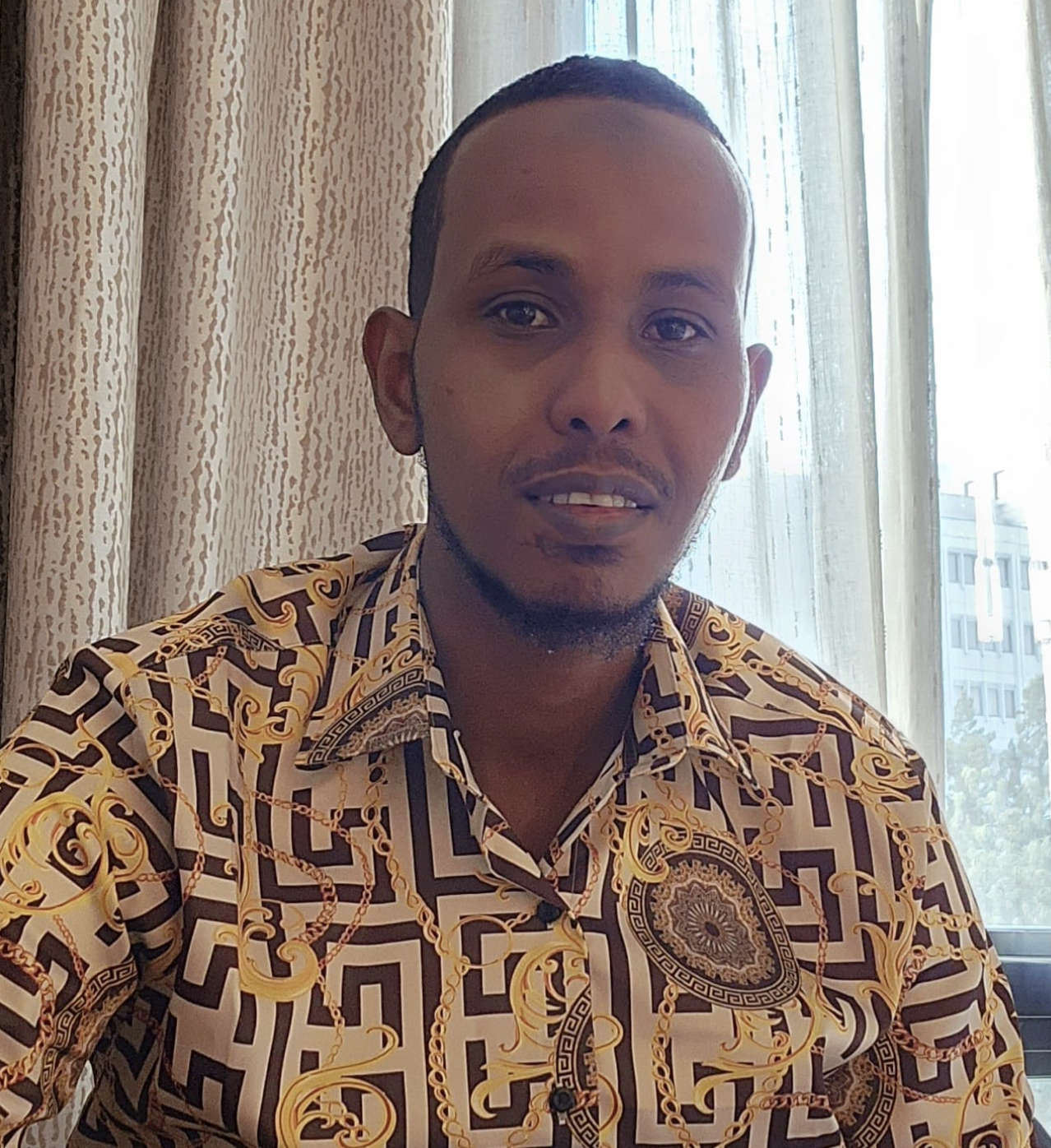SEMI-ARID Health Initiative
The following article is written by ‘iDover’ Issa Mohamed
Mandera, like many other parts of Northern Kenya, is experiencing a severe threat of violence from the terrorist group, Al-Shabaab. The situation is exacerbated by the porous border that enables gun smuggling. Another major issue in the border region is the recruitment of young people join these extremist groups. Coupled with unemployment, lack of government services, and an enabling environment for violence, youth are becoming pushed to pledge allegiance to prevent and counter violent extremism. Instead, the use of excessive force by security agencies has further aggravated an already fragile relationship with the local communities. Human rights-based approaches to countering violent extremism are urgently needed. Furthermore, safe dialogue spaces, security, and the community are needed to address widely held misconceptions about one another to improve the relationship.
In addition, climate change has caused prolonged droughts and unpredictable rainfall patterns which have resulted in climate vulnerability disrupting livelihoods and exacerbating existing issues. This has led to more people abandoning their homes in search of better livelihoods and opportunities in the borderland towns and overseas.
In light of these challenges, the project aimed to:
1. Strengthen community-led, CVE-relevant support and prevent further radicalization of at-risk communities in the Mandera context; and
2. Increase trust and collaboration between community members and relevant local government and security actors.
Highlights from the activities conducted under the project
May 2022
SAHI coordinated a one-day Stakeholder Engagement Meeting to raise awareness about the project activities among key stakeholders around the region, including youth and religious actors. This meeting provided an opportunity to share thoughts and concerns about the community-government collaboration in addressing radicalization and recruitment by violent extremist groups in their respective communities. Stakeholders deliberated the identification and targeting of the key actors in the project implementation to make the implementation participatory.
June 2022
Training of Trainers (ToT) for key community influencers commenced. The purpose of the ToTs was to increase community influencers’ knowledge on violent extremist root causes in Kenya, recruitment techniques of Al-Shabaab, and how to identify the signs of radicalization, especially among youth. The ToTs also equipped participants with skills in conflict transformation, effective communication, and nonviolent problem-solving in engaging with diverse stakeholders – including interfaith groups and security actors. The training targeted identified community influencers from at-risk communities.
“Understanding how people provide safe platforms to the young persons in our community as an avenue of dialouge will help us inculate into our children, family members, and followers for their peace and prosperity, this has already changed my mindset and I will be able to share in the Sunday sessions when I am having church sessions.”
– A Christian faith leader from Mandera Kenya
July
SAHI organized a capacity building training for civilian government security actors. The project attempted to respond to the prevalent mistrust between different actors by identifying and equipping majorly non-local civilian government security actors (local government authorities, police force, and criminal justice actors) with knowledge and skills to better understand and respond to violent extremism-related risks.
“I am now empowered as a security provider; I understood the approaches of communicating with the local community member on issues of radicalization without creating any suspicion and building trust by encouraging quick responses to community security concerns.”
-An officer commanding Mandera border police station
August
Community Security Forums commenced; the forums aimed to act as dialogue spaces where a diverse array of civiliant government security actors could meet, interact, and learn about the perspectives of the key community influencers and frontliners in the Mandera region.
Conclusion
Finally, Inter-faith for Peace Circles completed the project activities. In each of the targeted communities, SAHI aimed to strengthen community platforms so that various stakeholders could regularly convene with concerned citizens, build trust among them and share their experiences and struggles in dealing with the threat of violent extremism in their lives. Religious leaders were invited to provide counter-narratives against the narratives often used for violent extremist recruitment purposes.
The information contained in the article represents the views and opinions of the author and not necessarily of the Peacemakers Network or iDove project.

About Issa Mohamed Hussein
Issa Mohamed Hussein is a Kenyan iDover, and has over 10 years of work experience in supporting and coordinating projects/programs on humanitarian assistance, peacebuilding, (community) development, and P/CVE, both in headquarters offices and in the field working with local, National and International organizations. Thematically he is particularly interested in building local community structures, government officials and youth’s capacity and engagement in PVE, peacebuilding and conflict resolution through interfaith dialogue, youth and security relationships building and messaging, community engagement, advocacy, research, networking, and capacity development approach along Kenya, Somalia, Ethiopia, Uganda, and South Sudan borderland areas.
He has initiated and led CVE projects and has managed the project development, implementation, monitoring, and evaluation. He is also a trainer and mentor, co-founded AID-Afrika, and currently supports the IDOVE and FCA-supported Initiatives as its Coordinator with Semi-Arid Resilience Network along Kenya, Somalia, and Ethiopia Borderland areas. He has also been a founding member of the Development Concern Initiative. Issa holds a Master’s degree in Public Policy from Kenyatta University and a Bachelor’s degree in Law and Political Science and Public Administration from The University of Nairobi.

About the iDove Programme
The iDove programme and capacity building support program on Interfaith Dialogue and prevention of Violent Extremism provides youth-driven, innovative, and context-specific responses to preventing violence. The program activities are implemented by selected seven local organizations associated with iDovers, who are youth peacebuilders from Europe, Asia, and Africa. The program contributes particularly to the advancements of the small-scale projects while supporting iDovers engagement more broadly. The Network for Religious and Traditional Peacemakers supports the actions implemented by the iDover-associated organisations to enhance their organisational capacity building to ensure timely and effective youth-led responses to preventing violence.
Follow the iDove programme on social media
